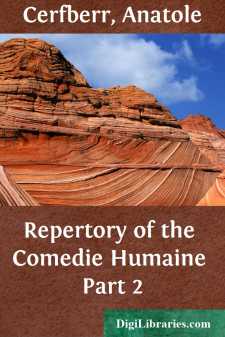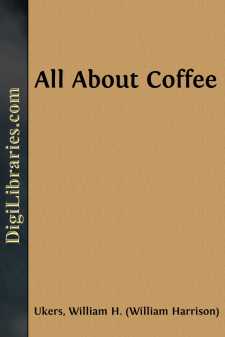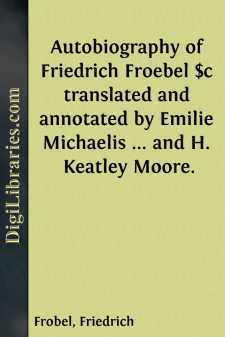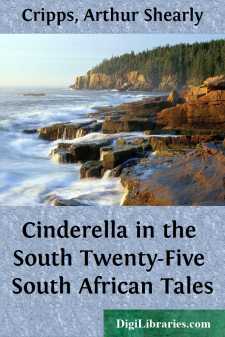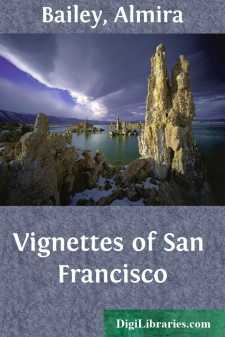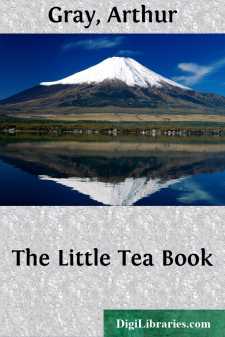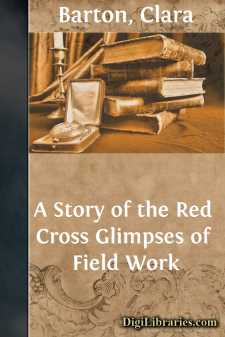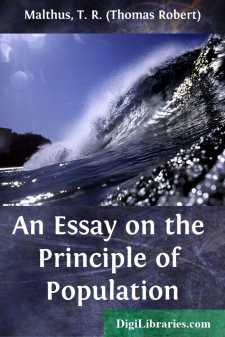Non-Classifiable
- Non-Classifiable 1768
Non-Classifiable Books
Sort by:
by:
Anatole Cerfberr
LA BASTIE LA BRIERE (Ernest de), member of a good family of Toulouse, born in 1802; very similar in appearance to Louis XIII.; from 1824 to 1829, private secretary to the minister of finances. On the advice of Madame d'Espard, and thus being of service to Eleonore de Chaulieu, he became secretary to Melchior de Canalis and, at the same time, referendary of the Cour des Comptes. He became a...
more...
Seventeen years ago the author of this work made his first trip abroad to gather material for a book on coffee. Subsequently he spent a year in travel among the coffee-producing countries. After the initial surveys, correspondents were appointed to make researches in the principal European libraries and museums; and this phase of the work continued until April, 1922. Simultaneous researches were...
more...
by:
Bernard Shaw
THE RHINE GOLD Let me assume for a moment that you are a young and good-looking woman. Try to imagine yourself in that character at Klondyke five years ago. The place is teeming with gold. If you are content to leave the gold alone, as the wise leave flowers without plucking them, enjoying with perfect naivete its color and glitter and preciousness, no human being will ever be the worse for your...
more...
by:
John Fiske
I. Man’s Place in Nature, as affected by the Copernican Theory. When we study the Divine Comedy of Dante—that wonderful book wherein all the knowledge and speculation, all the sorrows and yearnings, of the far-off Middle Ages are enshrined in the glory of imperishable verse—we are brought face to face with a theory of the world and with ways of reasoning about the facts of nature which seem...
more...
by:
Friedrich Frobel
INTRODUCTORY. The year 1882 was the centenary of Froebel's birth, and in the present "plentiful lack" of faithful translations of Froebel's own words we proposed to the Froebel Society to issue a translation of the "Education of Man," which we would undertake to make at our own cost, that the occasion might be marked in a manner worthy of the English branch of the Kindergarten...
more...
PROLOGUE [AFRICA AND HER SISTERS.] Some fifteen years now I have been her guest,For all this land's hers, tho' she does not reign.She's but a ward, at what late age she'll gainHer freedom and her kingdom, it were bestTo risk no surmise rash. E'en now she's drestSometimes in skins. Give her ground-nuts and grain,Cattle and thatch'd hut, then she'll not...
more...
by:
Almira Bailey
As Pilgrims go to Rome In the same way that the poets have loved Rome and made their pilgrimages there—as good Moslems travel toward Mecca, so there are some of us who have come to San Francisco. Then when we arrive and find it all that we have dreamed, our love for it becomes its highest tribute. And I don't know why it is sacrilege to mention Rome and San Francisco in the same breath. As for...
more...
by:
Arthur Gray
INTRODUCING THE LITTLE TEA BOOK After all, tea is the drink! Domestically and socially it is the beverage of the world. There may be those who will come forward with their figures to prove that other fruits of the soil— agriculturally and commercially—are more important. Perhaps they are right when quoting statistics. But what other product can compare with tea in the high regard in which it has...
more...
by:
Clara Barton
EARLY HISTORY "I have lived much that I have not written, but I have written nothing that I have not lived." It was a little blue-eyed girl of ten who sat on a low hassock at my feet, slowly drawing the soft auburn curls between her fingers, when, suddenly lifting her head and looking me earnestly in the face, she exclaimed: "What is the Red Cross? Please tell me about it; I can not...
more...
CHAPTER 1 Question stated—Little prospect of a determination of it, from the enmity of the opposing parties—The principal argument against the perfectibility of man and of society has never been fairly answered—Nature of the difficulty arising from population—Outline of the principal argument of the Essay The great and unlooked for discoveries that have taken place of late years in natural...
more...


